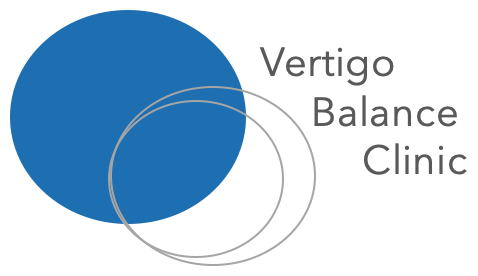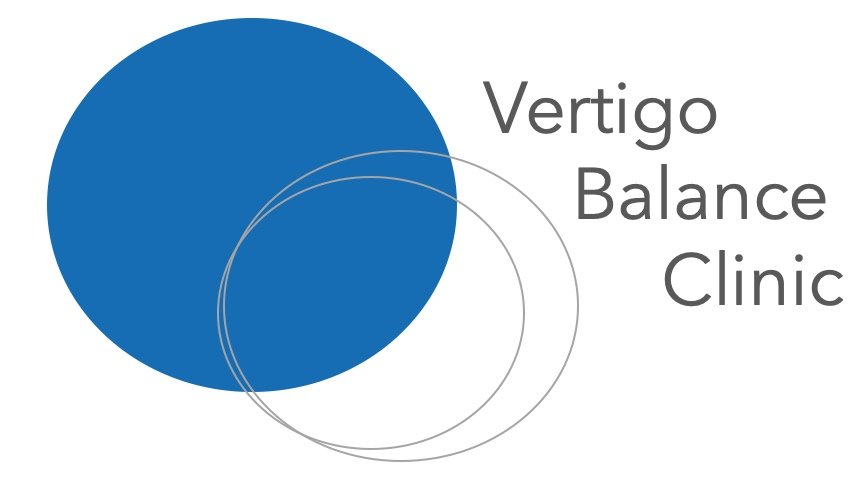
Vestibular and neurological physiotherapy is our speciality for the treatment of dizziness, vertigo and balance disorders.
Conditions We Treat
-
BPPV occurs when tiny calcium particles in the inner ear break loose and fall into an area where they are not supposed to be. This causes brief episodes of vertigo associated with changes in head position such as rolling over in bed or going to or from lying and seated positions. BPPV is the most common cause of vertigo and is very treatable.
-
Vestibular neuritis is caused by inflammation of your vestibular nerve, a nerve in the ear that sends information to your brain about balance. When it’s inflamed, this information isn’t properly communicated, making you feel dizzy, disoriented and off balance.
-
Labyrinthitis is very similar to vestibular neuritis, however, in labyrinthitis you get inflammation of your vestibular nerve and cochlear nerve, which transmits information about your hearing. This means that labyrinthitis also causes hearing problems in addition to vertigo and imbalance.
-
Vestibular migraine is a type of migraine where people experience a combination of vertigo, dizziness or balance problems with or without other migraine symptoms.
-
Meniere's disease is an inner ear problem which affects your hearing and balance, leading to episodes of vertigo, partial hearing loss, ringing in the ear (tinnitus), and sometimes a feeling of fullness or pressure in your ear (blocked ear).
-
Bilateral vestibular dysfunction occurs when the balance organs in both ears are damaged. The symptoms typically include imbalance and visual disturbance. Balance is often worse when walking in the dark or on uneven surfaces.
-
An acoustic neuroma is a noncancerous and usually slow-growing tumor which develops on the hearing and balance nerves. It can cause unilateral (one-sided) hearing loss, tinnitus (ringing in the ear), and loss of balance.
-
PPPD is a functional disorder characterised by non-spinning vertigo and perceived unsteadiness. Symptoms are typically exacerbated when people are in upright postures or in visually complex situations. PPPD often starts shortly after an event which causes acute vertigo, unsteadiness, dizziness, or disruption of balance.
-
A concussion is a mild traumatic brain injury. It happens when a bump, blow or shake to your head or body causes your brain to move around quickly inside your head. A concussion affects how your brain functions and may occur with or without loss of consciousness. Concussion can cause a collection of symptoms including physical, psychological and cognitive changes.
-
Central vestibular dysfunction occurs when there is a problem with the brain’s ability to process vestibular and balance information. This results in motion sensitivity, imbalance, dizziness and nausea. The most common causes include brainstem strokes, head trauma, vestibular migraine, multiple sclerosis, and cerebellar degeneration.
-
Cervicogenic dizziness causes dizziness or general disorientation which is often worse during head movements or after maintaining certain neck positions for a long time. Dizziness or light headedness usually occurs during or soon after experiencing neck pain, stiffness and/or decreased neck range of motion.
-
At Vertigo Balance Clinic we also treat a range of neurological conditions including stroke, multiple sclerosis, Parkinson’s disease, traumatic brain injury and cerebellar disorders.
-
Falls can be caused by several factors including balance problems, weak muscles, visual changes, dizziness, medications and chronic conditions. Falls can lead to reduced mobility and activity levels, which further increases the risk of falling.

